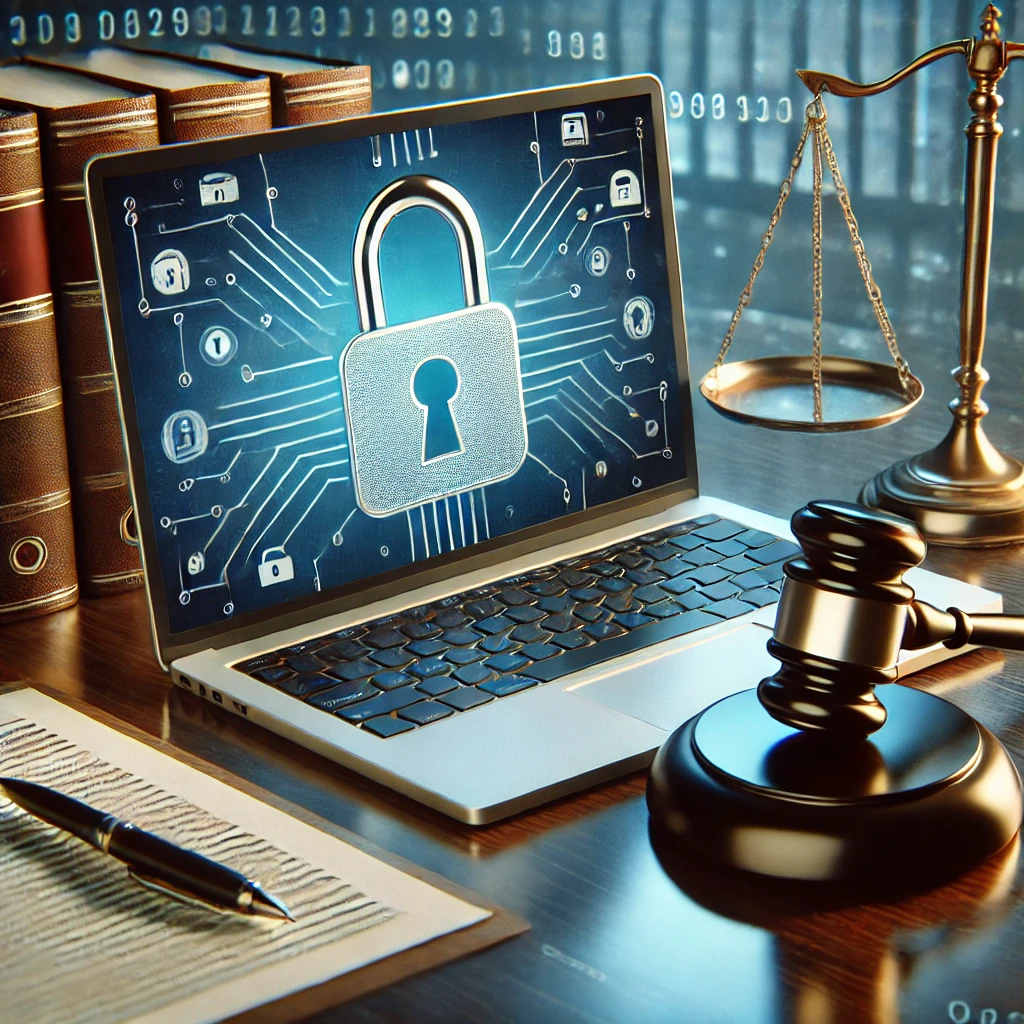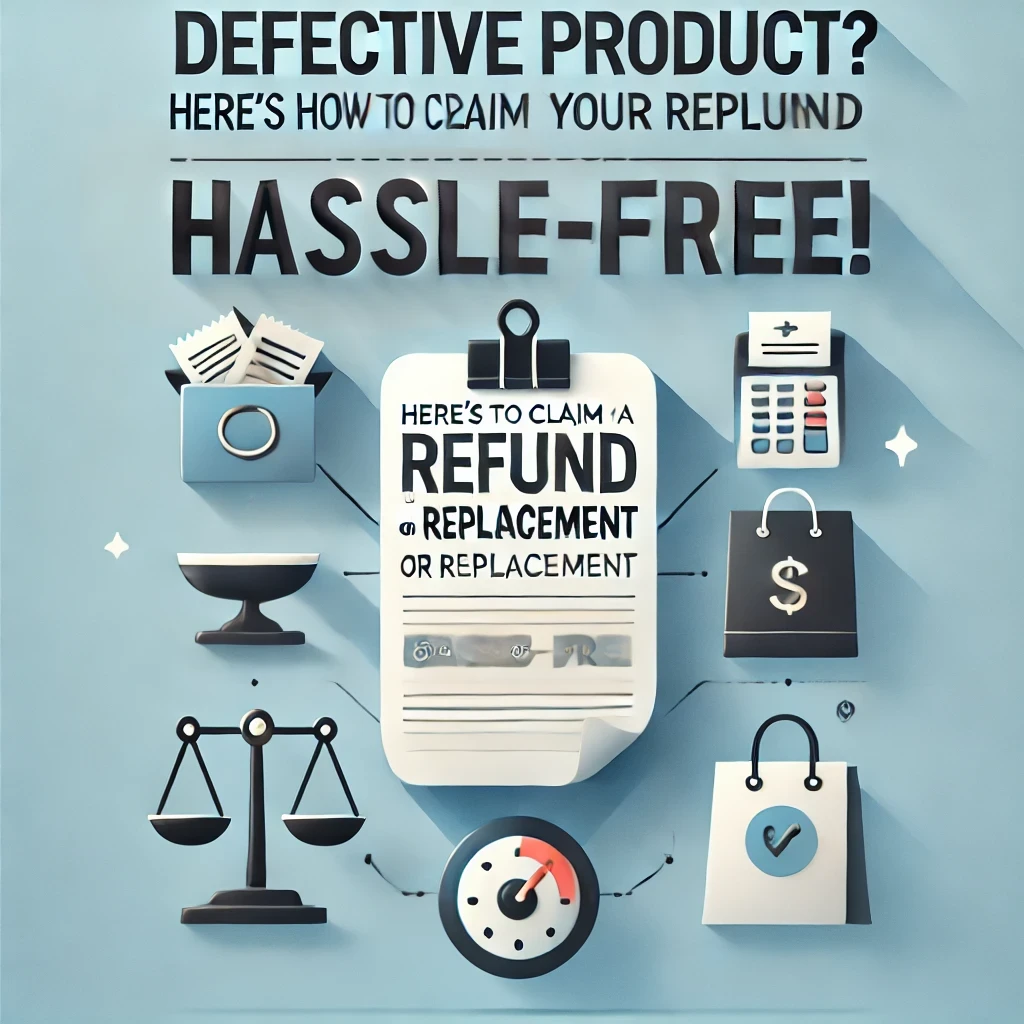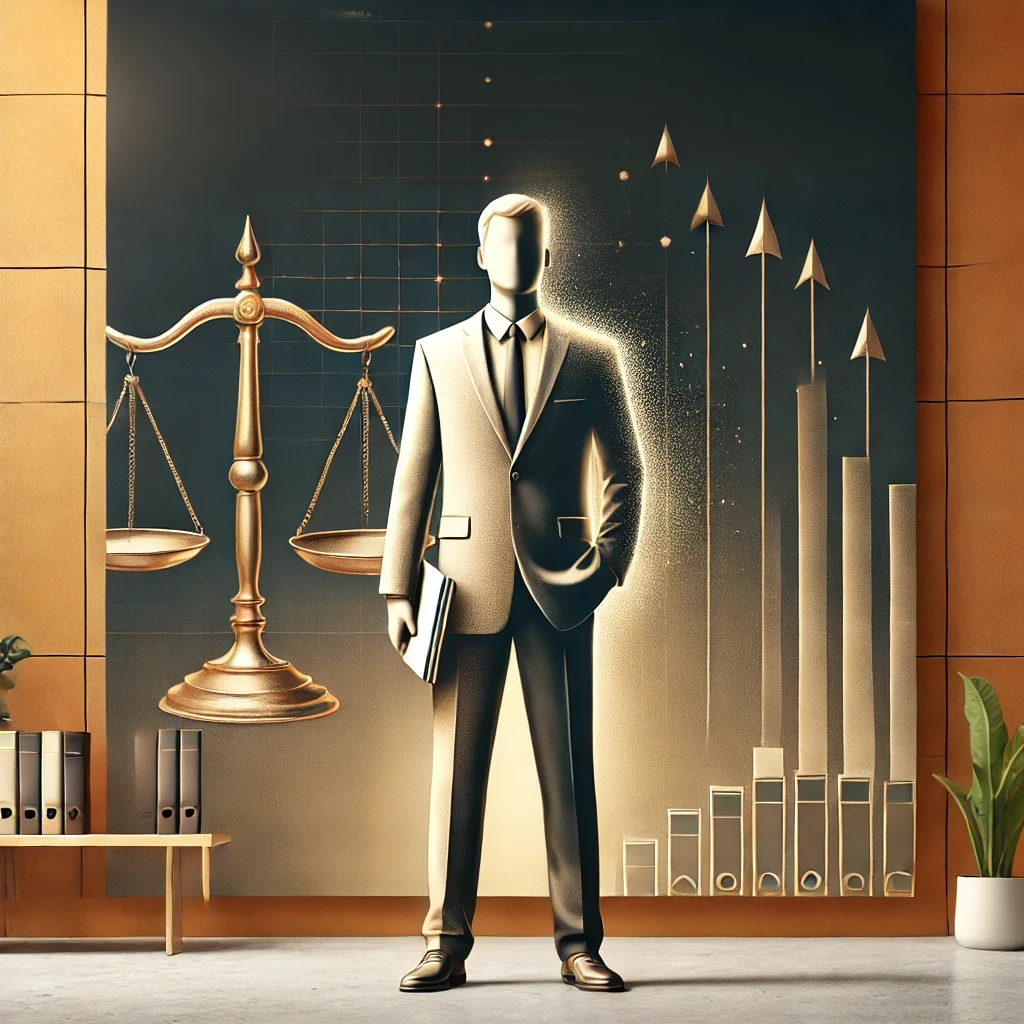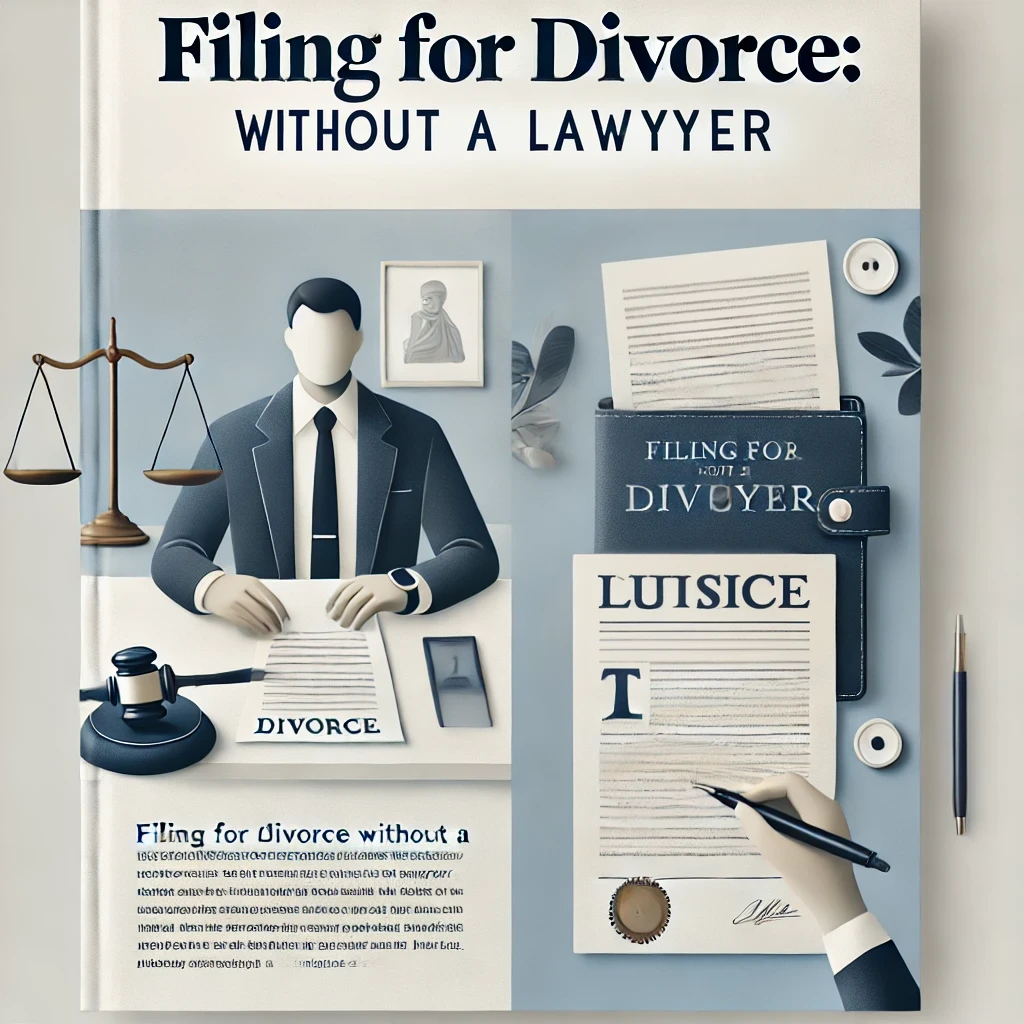
Navigating the Legal Landscape of Meme Usage: Your Ultimate Guide
Understanding the Meme Culture and Copyright Challenges
In today's digital landscape, memes have become a ubiquitous form of expression, humor, and social commentary. These images and videos often go viral, spreading like wildfire across social media platforms. However, behind the laughter and creativity lies a complex web of copyright law that few users understand. As a legal consultant, I often encounter individuals and brands who inadvertently step into copyright minefields while using memes. This blog aims to demystify the legal implications associated with meme usage, providing you with actionable steps to avoid costly copyright issues. Whether you're a social media manager, an influencer, or just someone who loves sharing funny images, understanding your rights and responsibilities when using memes is crucial. Let's dive into the essential guidelines you need to follow to keep your meme-sharing activities legally sound.
Key Takeaways on Meme Usage and Copyright
- Understanding Copyright Basics
- Fair Use Doctrine
- Creative Commons Licenses
- Attribution Matters
- Consider the Context
Copyright protects original works of authorship, including memes. Using a meme without permission can lead to legal repercussions.
Familiarize yourself with the fair use doctrine, which allows limited use of copyrighted material without permission under specific conditions.
Look for memes that fall under Creative Commons licenses to reduce the risk of copyright infringement.
Always credit the original creator when using their meme; proper attribution can help mitigate potential legal issues.
The context in which you use a meme can influence whether it's deemed fair use—commercial vs. non-commercial usage matters.
A Step-by-Step Guide to Legally Using Memes
- Step 1: Research the Meme's Origin
- Step 2: Check for Licensing
- Step 3: Evaluate Fair Use Criteria
- Step 4: Give Proper Attribution
- Step 5: Seek Permission When in Doubt
- Step 6: Keep Records
- Step 7: Stay Updated on Copyright Laws
Before using a meme, investigate its origins. Knowing who created the meme can help you determine if you need permission to use it.
Look for any licensing information associated with the meme. Some creators offer their work under specific licenses that allow use with or without restrictions.
Analyze whether your intended use falls under the fair use doctrine by considering factors such as the purpose, nature, amount used, and effect on the market.
If you decide to share a meme, always credit the original creator. This practice not only shows respect but can also help you avoid legal troubles.
When unsure about the legality of using a meme, reach out to the creator for permission. This proactive approach can prevent future disputes.
Document your research and communications regarding the meme's use. Keeping clear records can be invaluable if a copyright issue arises.
Copyright law is constantly evolving. Stay informed about changes in legislation and how they may affect your ability to use memes.
Legal Insights: Navigating Copyright in the Meme Era
Copyright law protects original works, including memes, which often combine images, text, and humor. While using memes can enhance your online presence, failing to navigate copyright issues can result in significant legal pitfalls. A key component of copyright law is the concept of 'fair use.' This legal doctrine allows limited use of copyrighted material without permission under certain circumstances. However, fair use is not a blanket exemption; it requires careful consideration of several factors. For instance, using a meme for commentary, criticism, or parody may qualify as fair use, especially if it transforms the original work. In contrast, using the same meme for commercial purposes may not qualify as fair use. Real-world cases highlight the complexity of this issue. In 2013, the famous case of 'Lenz v. Universal Music Corp.' established the importance of transformative use in assessing fair use, where a mother uploaded a home video of her child dancing to a Prince song. Universal attempted to have the video removed, but the court ruled in favor of fair use due to the transformative nature of the video. On the other hand, the 2016 case 'A&M Records, Inc. v. Napster, Inc.' illustrated the consequences of infringing on copyright by distributing music without permission. This case emphasizes the need for individuals and businesses to tread carefully when using copyrighted material, including memes. Furthermore, creators can leverage Creative Commons licenses to share their work while outlining how it can be used. By understanding these legal insights and remaining aware of potential pitfalls, you can protect yourself while engaging with the rich culture of memes.

Real-Life Examples of Meme Copyright Issues
- The Case of the Disappearing Meme
- The H3H3 Productions Case
In 2015, the 'Distracted Boyfriend' meme exploded in popularity, with countless variations flooding social media. However, the original image was taken from a stock photo by Antonio Guillem, who later stated that he had not granted permission for its widespread use. This case highlights the importance of recognizing the original source of a meme and the potential copyright implications of using it without permission. Many users had to remove their posts or risk legal action, emphasizing the need for proper research and attribution.
H3H3 Productions, a popular YouTube channel, was sued by a competitor for using clips of their video in a reaction video. The court ruled in favor of H3H3, emphasizing the transformative nature of their use and setting a positive precedent for memers and content creators. This case showcases how fair use can protect individuals who use memes and other copyrighted materials in a transformative way, underscoring the importance of understanding your rights when using meme content.
FAQs
- Can I use a meme I found online without permission?
- What constitutes fair use when it comes to memes?
- How do I know if a meme is under Creative Commons?
- Is it safe to use memes for commercial purposes?
- What should I do if I receive a copyright notice for a meme I used?
Using a meme without permission can lead to copyright infringement. Always check the meme's origin and whether it falls under fair use or a license that permits use.
Fair use considers factors like the purpose of use, the nature of the original work, the amount used, and the effect on the market. For memes, transformation is key.
Look for licensing information usually provided with the meme. Sites like Creative Commons have resources to help identify works under these licenses.
Using memes for commercial purposes generally requires permission from the copyright holder, as fair use is less likely to apply in these scenarios.
If you receive a copyright notice, consult a legal expert to assess your options. Responding promptly and understanding your rights is crucial.
Additional Resources for Meme Usage and Copyright
For more detailed insights into copyright law and meme usage, consider checking out the following resources: - The United States Copyright Office (copyright.gov) - Creative Commons (creativecommons.org) - Fair Use Evaluator (fairuse.stanford.edu) - Legal resources from the Electronic Frontier Foundation (eff.org)
Navigating Meme Copyright: Key Takeaways
Using memes can be a fun and engaging way to communicate in the digital age, but knowing the legal landscape is essential. Understanding concepts like fair use, copyright, and licensing helps you navigate this vibrant culture responsibly. Always remember to credit original creators, seek permission when necessary, and stay informed about copyright laws. By doing so, you not only protect yourself from legal troubles but also contribute positively to the creative community. So, as you share your next meme, keep these guidelines in mind to create a more respectful and legally sound online environment.
Get Expert Guidance on Copyright and Memes
If you're unsure about the copyright implications of using memes or need personalized legal advice, contact me, Lex Harper. Let’s ensure your online content thrives while respecting creators' rights. Visit my website or reach out today!





Comments